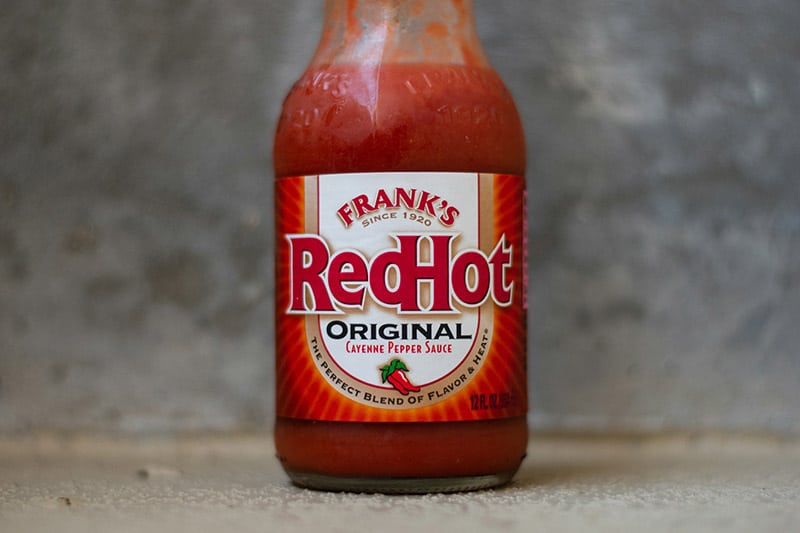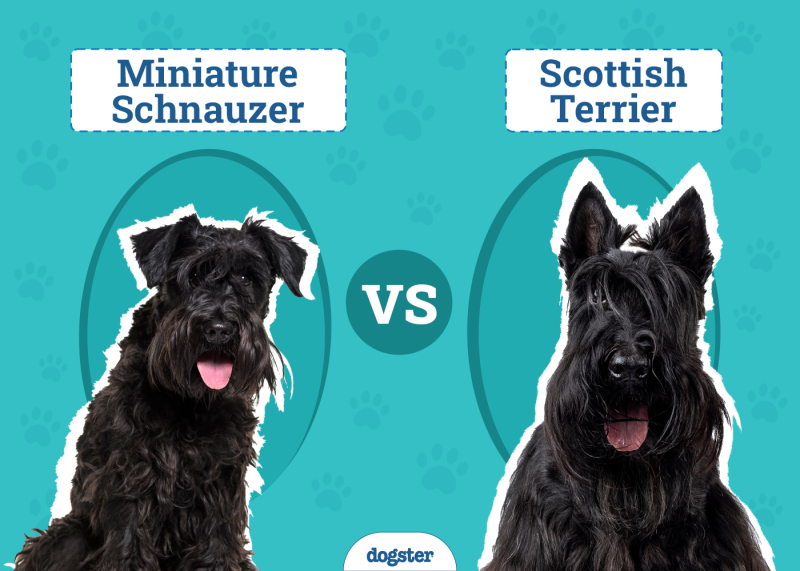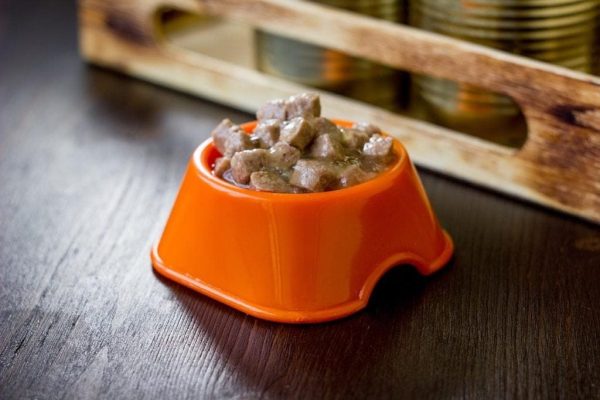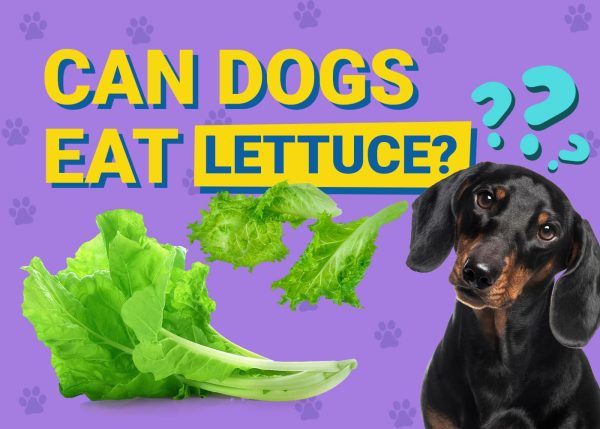Some people like their food to be extra spicy, with hot sauces being a $1.65 billion market in the United States. Of course, not everyone likes the heat. That includes your dog. Wild or domestic canines don’t encounter this taste in their food. You probably know its flavor and the sensation it leaves in its wake. Giving your pup hot sauce will likely confuse your pet and may even cause serious health effects.
Besides, we think it’s cruel to knowingly give your trusting pooch something that will make them uncomfortable just because you saw it on social media or are curious about how they’ll react. Let’s review the facts about why giving your dog hot sauce is a bad idea.

Why You Shouldn’t Give Your Dog Hot Sauce
You likely give your dog treats, whether it’s as training aids or just because. Your pup has learned to make associations between your behavior before they get the treat and the pleasure of enjoying one. Your pet is at a disadvantage when you offer them something suspect because of the lessons experience has taught them. They probably won’t hesitate to take the hot sauce from you.
Because of their nature, canines are more likely to ingest something they shouldn’t. They often gulp food, making you wonder if they even taste what they’re eating. Cats are less likely to take something without inspecting it first. Make no mistake, though. Your dog will know when you give them hot sauce. The effects also come down to quantity.
A tiny bit of hot sauce might not hurt your pup, but it depends on their food tolerances. Some pets might get sick with just a taste of hot sauce. The sensation may cause your dog to drool or vomit. Some pets may experience GI distress. You may find your pooch is less trusting next time you offer them a treat.
If you need to speak with a vet but can't get to one, head over to PangoVet. It's our online service where you can talk to a vet online and get the advice you need for your pet — all at an affordable price!
Quantifying the Heat
Capsaicin is the chemical that gives hot sauce its heat. It’s most concentrated in the fleshy parts of species of the genus Capsicum. It is an irritant that can cause pain. Some people find it unpleasant or pleasant. Your dog will likely be in the former camp.
The Scoville Scale
One way to quantify heat is the Scoville scale. It measures the concentration of capsaicin in Scoville Heat Units (SHUs). For example, a bell pepper has 0 SHUs, while a jalapeno is about 2,500. A Scotch bonnet may tip the scales at 150,000 SHUs, with the Carolina reaper going off the charts at 1.5 million SHUs!
The label on the hot sauce will likely give a description as mild, medium, or hot. Some marketers also get more creative in their descriptions. Nonetheless, even a mild product may adversely affect your pup because they lack experience tasting these condiments and the unusual sensation they cause.
It’s also worth noting that your dog may paw at their mouth and get the hot sauce on their eyes. It’s just as painful for your pet to get capsaicin in their eyes as it is for you.

Other Problematic Ingredients
The other glaring issue with hot sauce is the other ingredients in the products. Some have relatively few, such as Tabasco Sauce. It only contains peppers, vinegar, and salt. It also has 2,500–5,000 SHUs. However, it is quite acidic because of the vinegar content. It improves its shelf life but can also wreak havoc with your dog’s digestive system.
Other products, such as sriracha sauce, contain other problematic ingredients, including garlic. Cats and dogs are highly susceptible to poisoning from this bulb. Researchers have also observed canine breeds, like the Shiba Inu and Akita, that are even more sensitive. Severe cases can cause blood in the urine (hematuria), anemia, and convulsions.
We researched the 10 most popular hot sauce brands and found issues with most of the entries, including the ones we’ve already discussed. Given the capsaicin effects and the suspect ingredients, we conclude that no hot sauce is safe to give your dog in any quantity.

Conclusion
We’d be remiss if we didn’t admit to enjoying hot sauce on our food occasionally. We like the heat and the taste. However, it belongs squarely on the list of human foods you shouldn’t give your dog or any pet. The initial exposure to capsaicin will likely cause pain and other signs of gastrointestinal upset. Many products also contain ingredients that are toxic to your pup. Save the hot sauce for your wings.
Featured Image Credit: Addilyn Ragsdill @clockworklemon.com, Unsplash



















